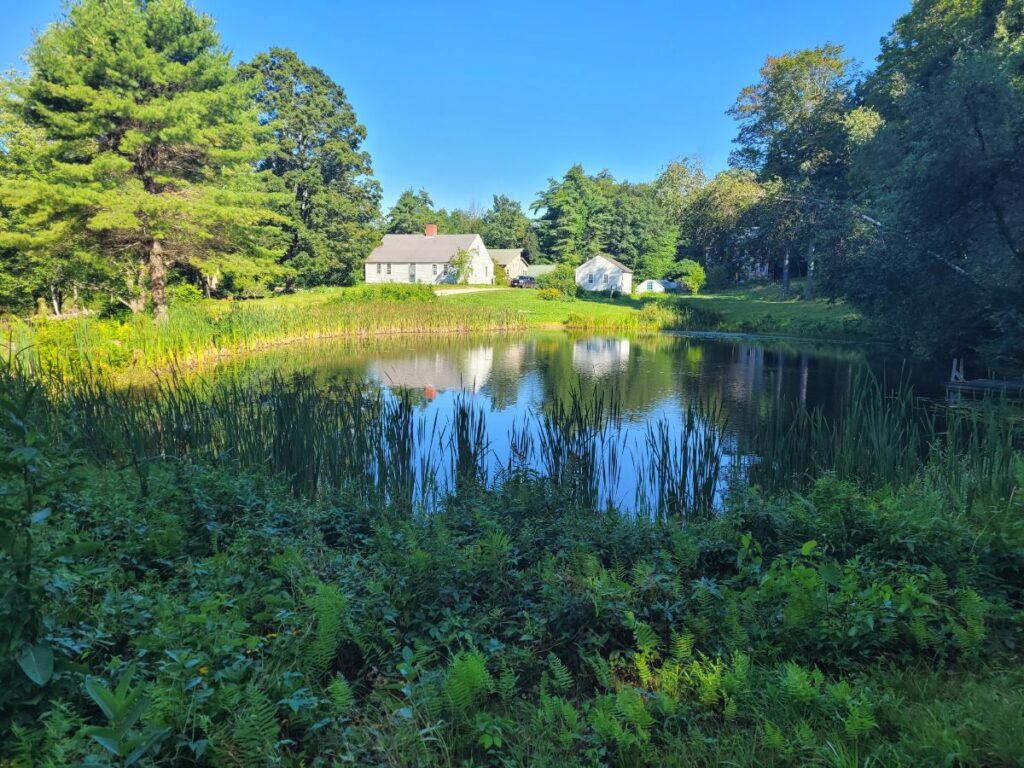
Good day, everyone!
At the end of meditation each day (over zoom – let me know if you’d like to join in) I offer a reading of some kind for inspiration, for the teaching within it, and to set the tone for the day. This week I’ve begun reading from a new book: Thoughts in Solitude, by Thomas Merton, the influential Trappist monk who died in the late sixties. The book contains notes that Merton made during a long solo retreat. Here’s a passage I’ve found to be interesting and helpful:
“The ascetical life, therefore, must be begun and carried out with supreme respect for temperament, character, and emotion, and for everything that makes us human. These too are integral elements in personality and therefore in sanctity – because a saint is one whom God’s love has fully developed into a person in the likeness of his Creator.
The control of emotion by self denial tends to mature and perfect our human sensibility….
We must suffer. But the attack of mortification upon since, sensibility, imagination, judgment and will is intended to enrich and purify them all. Our five senses are dulled by inordinate pleasure. Penance makes them keen, gives them back their natural vitality, and more. Penance clears the eye of conscience and of reason. It helps us to think clearly, judge sanely. It strengthens the action of our will. And penance also tones up the quality of emotions; it is the lack of self denial and self-discipline that explains the mediocrity of so much devotional art, so much pious writing, so much sentimental prayer, so many religious lives.”
The way Merton speaks about self-denial here, and also that word ‘penance’ will possibly strike the reader as old fashioned, dubious, and perhaps even repugnant. It certainly caused me to sit up in my chair when I first came across it. I don’t tend to speak much about self-denial. The reason for this is the dominant conditioning in our culture which says that we must indulge every appetite as fully and completely as possible in order to be happy, and then feel bad that we have done so. Within that context, talk about self-denial just reinforces one side of that duality. Instead, It generally feels most helpful to say what seems to me to be the truth, which is that we are naturally endowed with the capacity for pleasure, that it is good and right to enjoy that pleasure, so long as we are not attached to the things that we derive our pleasure from and use those things in order to avoid what we need not avoid, and escape from things that we need to face within ourselves. It’s not sense pleasures in themselves that are the problem, in other words: it is an egocentric attachment to those pleasures that makes a difficulty out of them. It seems to me that there has been a profound confusion historically on this point within all the major religions, and particularly within Christianity, but within Buddhism and other Eastern traditions as well. It’s not what, it’s how, as my teacher would so often say. If we look at our relationship to sense pleasure without understanding that fundamental teaching, then we will inevitably fall into error, and an error of a sort that is most debilitating for the chance that we may experience true happiness on this earth.
At the same time, it seems to me that Merton here is speaking truth. He has struck the middle way, it seems to me, even as a Christian monastic, and I respect and admire that. To interpret his thesis here using modern process language, I would say that it is not bad to enjoy the pleasures that our bodies provide us, and at the same time it is not profitable and it does not lead to a life that is deeply lived to devote our lives to pleasure and the pursuit of pleasure. The latter, to me, and also it seems to Merton, misses the point. It is best to devote our lives instead to the deepest experience of what is; to be wholly and wholeheartedly present to the experience of Life Unfolding–and if this is the choice we make then it puts the pursuit of pleasure in a distant second place, or as something we experience by accident, and can enjoy by accident, when it comes. That seems to me the correct relationship with pleasure. If the enjoyment of pleasure of all kinds, simple and complex, is our master, then we will fail to fully live, because the possibility inherent in life is so much deeper and profound than the enjoyment of pleasure, which lies right at the surface of our experience. If the depth itself is our master, rather; if embodiment of the Divine Mystery is our first priority, then that is what we will have to the extent we are capable of it and work towards it–and, inevitably, we will enjoy all life that has to offer, naturally and inherently, along the way.
And so, let us deny ourselves an unhealthy attachment to pleasure, and let us at the same time enjoy all that Life provides.
In peace,
David